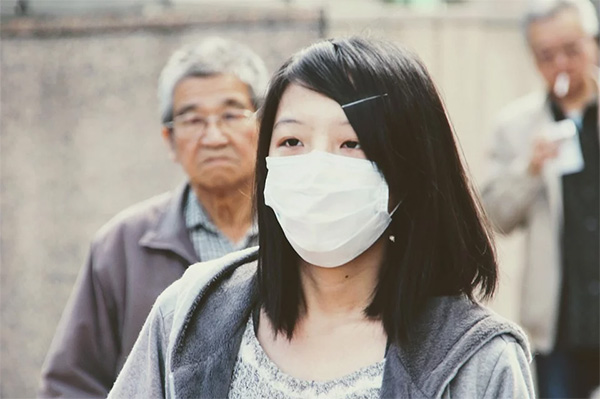Updated February 24, 2020
Originally Posted on February 10, 2020
The current Novel Coronavirus, with over 75,000 cases and 2,600 deaths, has grown into a major health issue with a greater scope than the SARS outbreak of 2002 & 2003. Beyond the obviously tragic human toll, the virus’s spread has caused significant anxiety for financial markets as well.
While the news coverage has been omnipresent and the loss of life substantial, the reality for markets and the economy is not so dire. According to economists at the International Monetary Fund, the Novel Coronavirus is expected to shave just 0.1 – 0.2% off of global growth in 2020. This prediction is echoed by the team at Goldman Sachs.
We would also point out that there are significant differences medically between the 2019-2020 Novel Coronavirus and the Severe Acute Respiratory Syndrome (SARS) epidemic, during which the U.S. equity market as represented by the S&P 500 plunged 14% at one point (the reaction of Hong Kong’s Hang Seng Index was even more sustained). While this new strain of coronavirus appears more contagious than SARS, it is not nearly as deadly, with a current mortality rate around 3% versus almost 10% for SARS. The responses have been different as well. It took the World Health Organization four months to label SARS as a Public Health Emergency of International Concern, while the global focus on this coronavirus has been far greater in less than half of that time. Determined to improve on what many saw as missteps in the response to SARS, the Chinese government has taken a stronger approach this time around and has now quarantined over 40 million residents. Such a forceful response has increased the severity of the hit to consumer spending and factory closures, but should also help to keep the virus from spreading as widely as it otherwise could. None of this is to downplay the seriousness of the Novel Coronavirus or the loss of life it has caused, but rather to provide more context around the differences between the two outbreaks.
Still, this is not to say that there are no market risks associated with the outbreak. On the consumer spending side, this coronavirus has hurt demand for goods, particularly in China. The fact that the virus and subsequent quarantine hit during China’s Lunar New Year, a period when families get together, spend money, and exchange gifts, has only exacerbated these issues. The Chinese government’s decision to lock down millions of residents has significantly slowed the holiday shopping season and stunted experience and event spending during one of the only annual vacations that many Chinese laborers get.
Fears over the virus have been particularly problematic for certain industries and subsectors, such as the travel industry. A number of highly publicized cases aboard cruise ships, which have resulted in multi-week quarantines and ships being turned away at some ports, have discouraged potential customers and forced the major cruise liners to cancel upcoming voyages in Asia. Similar, if less extreme, cases have played out among airlines, online travel agencies, and casinos as well. While a small number of stocks have been beneficiaries of the virus, such as 3M’s mask and respirator business and healthcare names like Gilead, Novavax, and Johnson & Johnson that are rumored to be working on a vaccine, these do not even begin to counteract the costs to the economy (not to mention the human toll).
Unfortunately, the drop in Chinese demand is not just a concern for Chinese firms and travel stocks. A number of U.S.-listed retailers and their investors are banking on gains in the Chinese market for their next leg of earnings growth, such as Apple, Canada Goose, and Nike (to name just a few). In light of the Novel Coronavirus outbreak, many of these companies have been forced to shut down storefronts and delay expansion, undercutting strategic plans and weighing on financial results.
Perhaps most importantly, the virus has forced a number of factory closures that have rattled global supply chains. Given China’s outsized role in manufacturing, many companies are dependent on the Chinese labor force for their production and are essentially put out of commission by mandated plant closures. Even some of the largest multinational firms that have tried to lessen the blow of these closures by shifting production to other existing facilities globally have been unable to do so. For example, Fiat Chrysler was recently forced to halt production at its facility in Serbia because of a lack of components made in the company’s Chinese facility. As a result, the ability of many global companies to meet their production targets is now under threat.
Still, given the geographic concentration of the virus, the pain will not be felt equally across all companies. Here at Condor, we have taken concerted efforts in recent years to pare our international holdings, and our foreign exposure has been at the low end of our range heading into this epidemic. As such, our clients’ positioning is generally a bit more insulated from China than it has been in some time. Most importantly, we would note that the market has encountered and will continue to encounter challenges such as this, and the best way to minimize the impact to your portfolio is to not make changes based on emotion during such events. As always, we will continue to monitor the situation.



